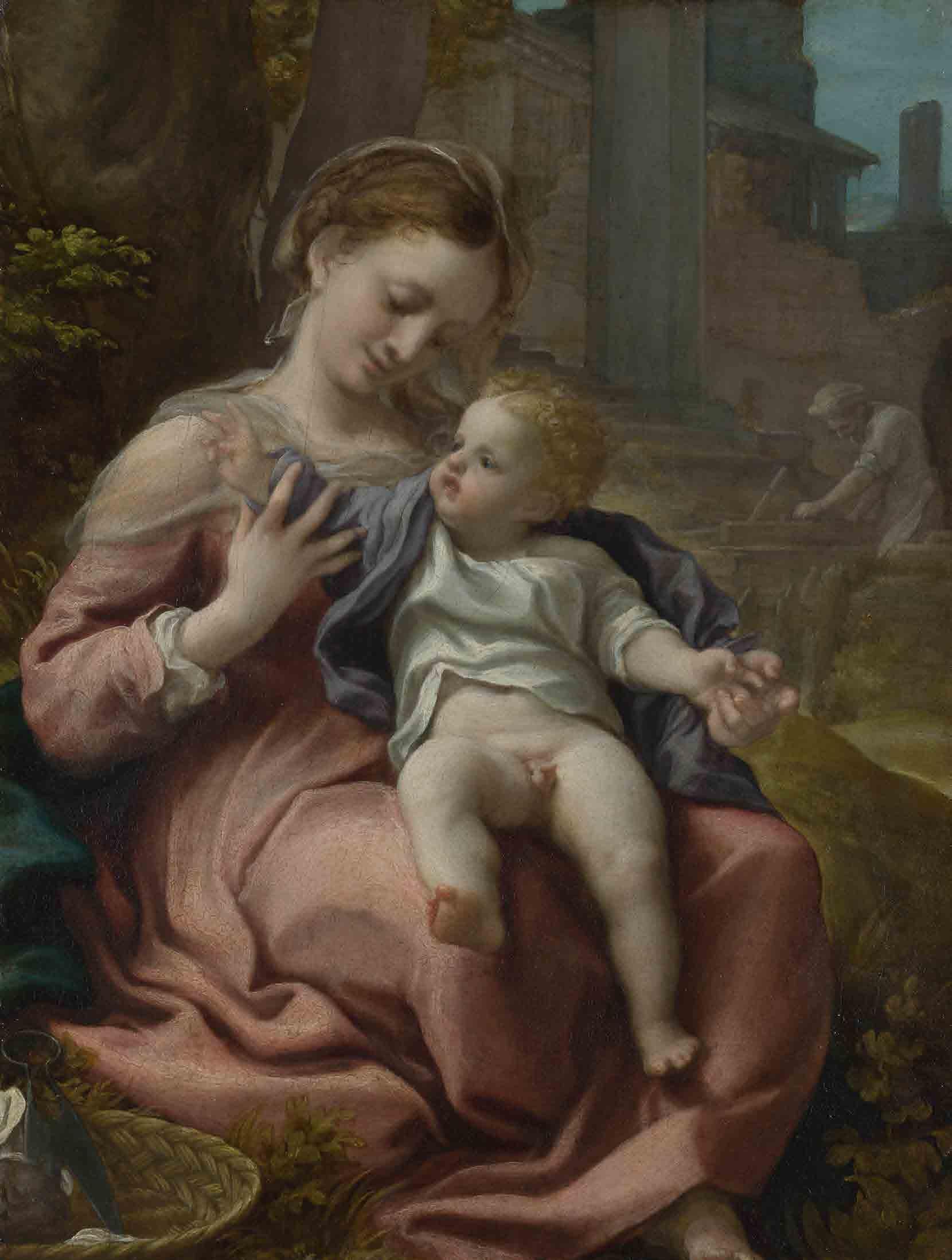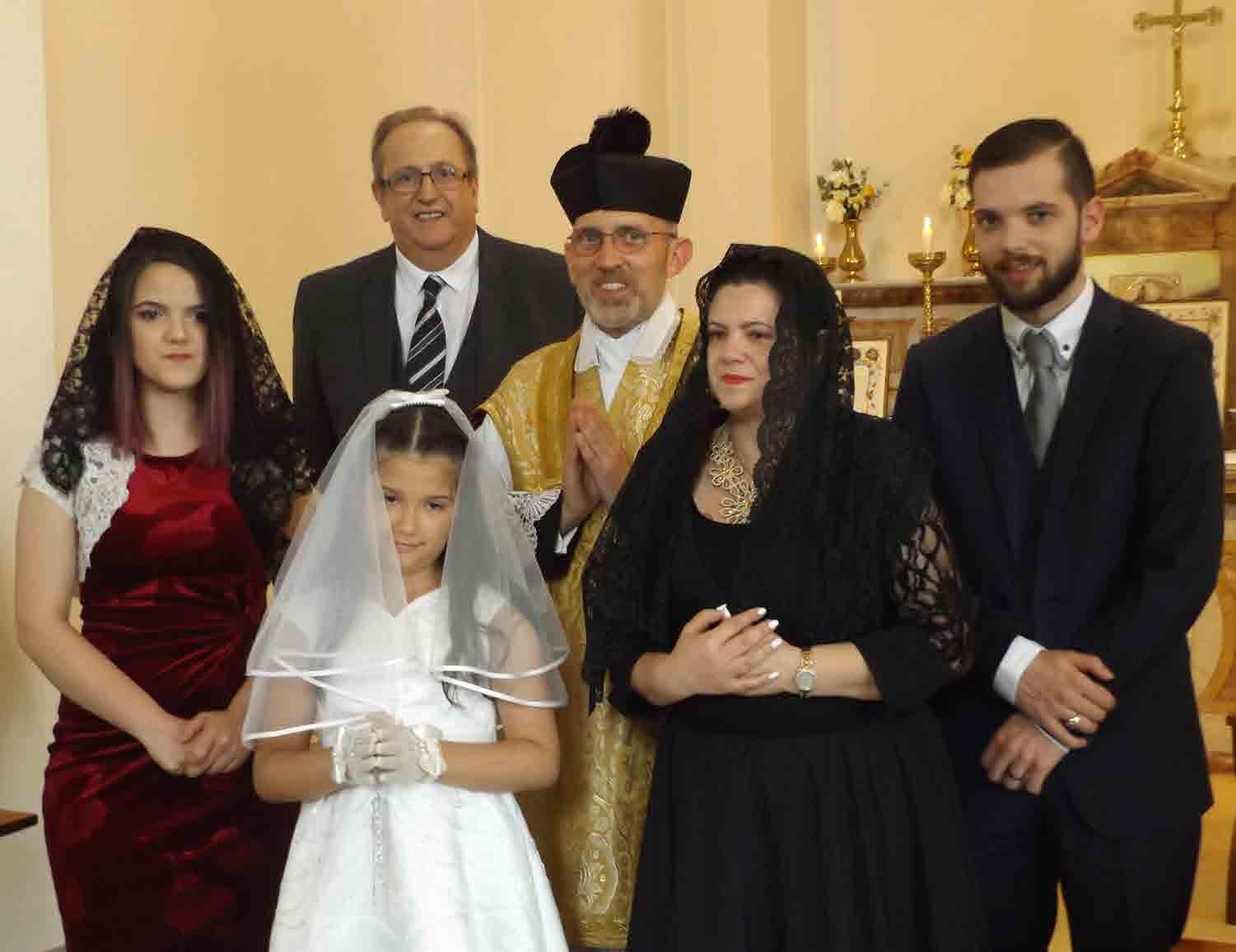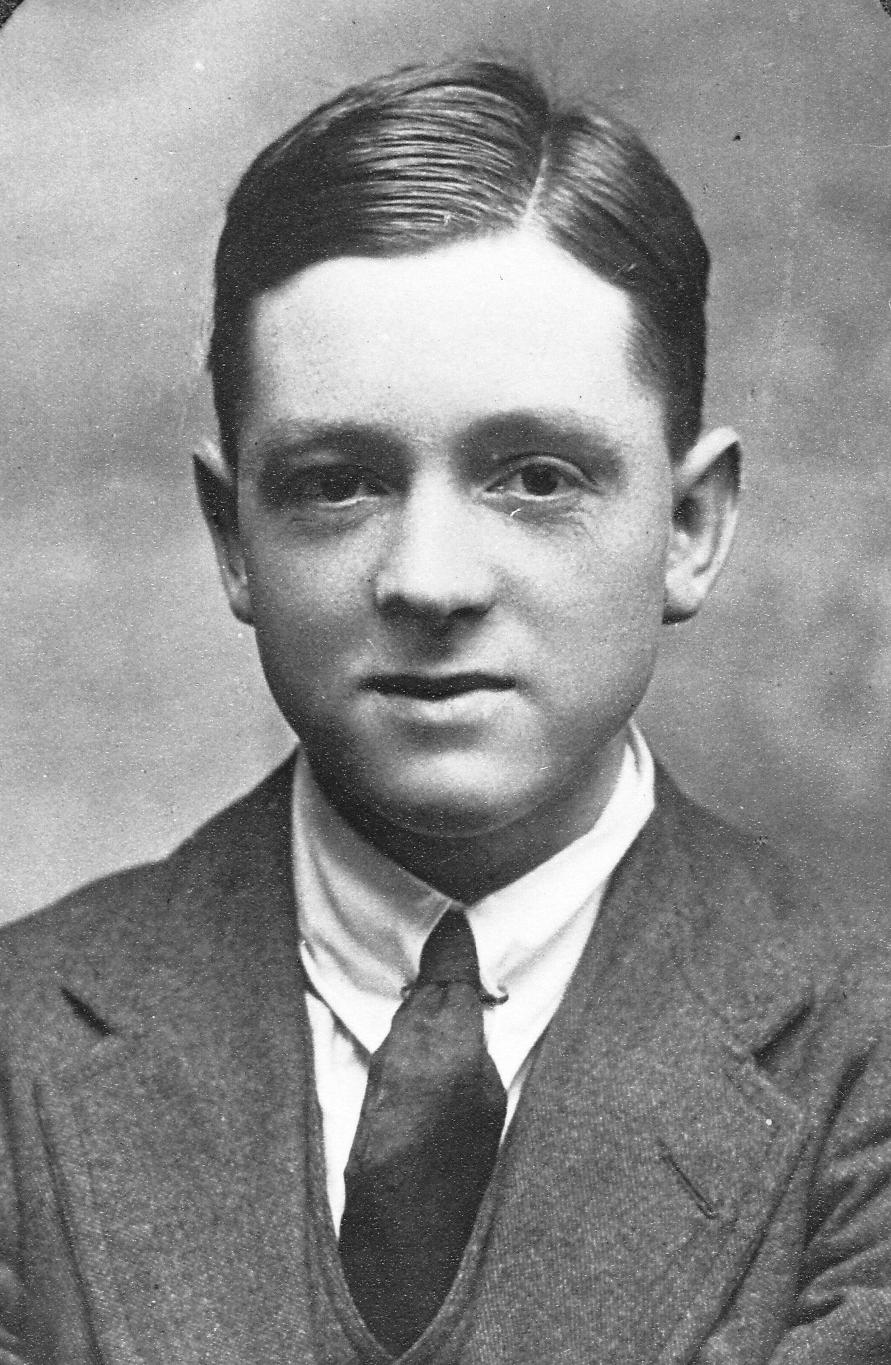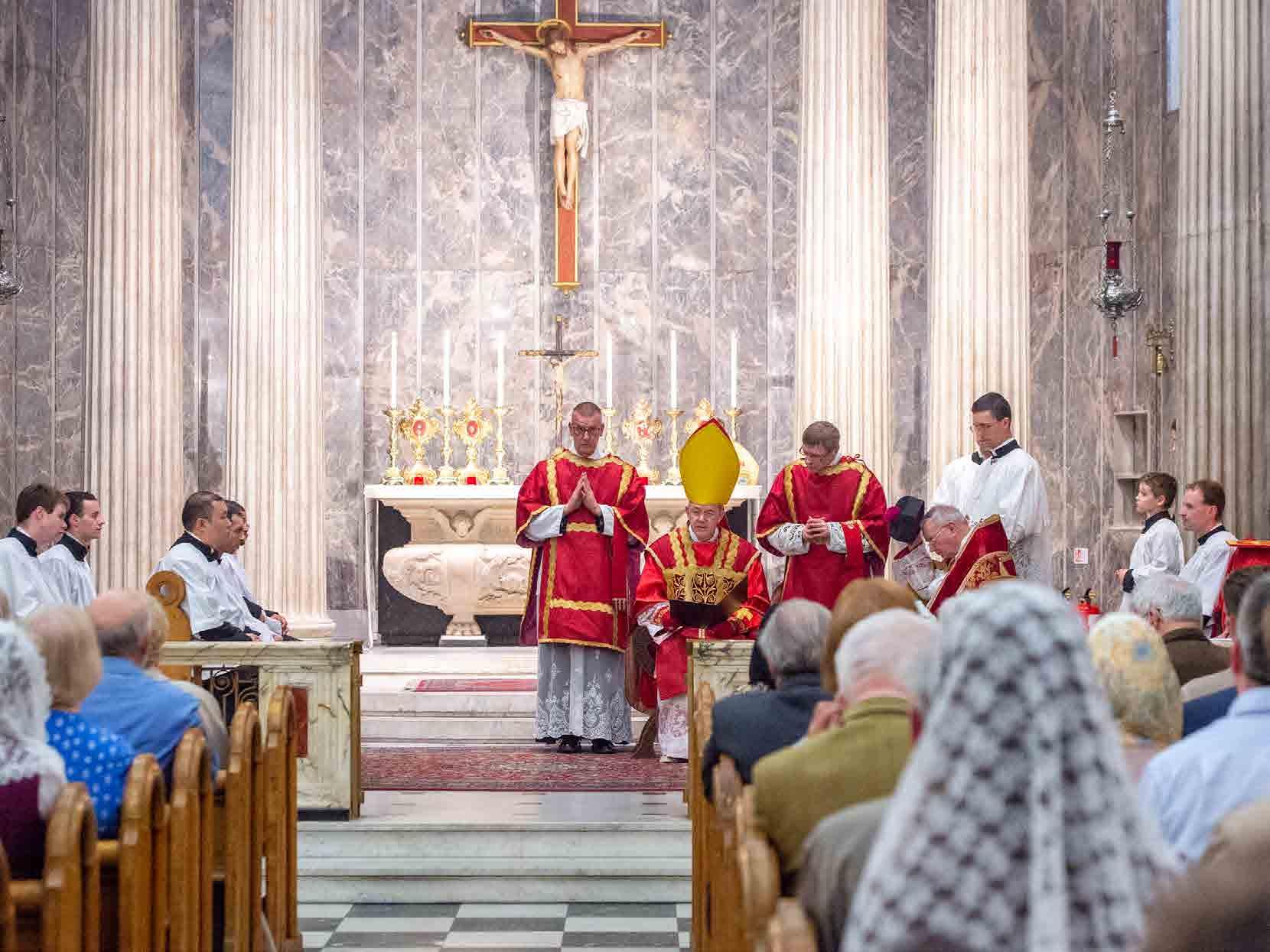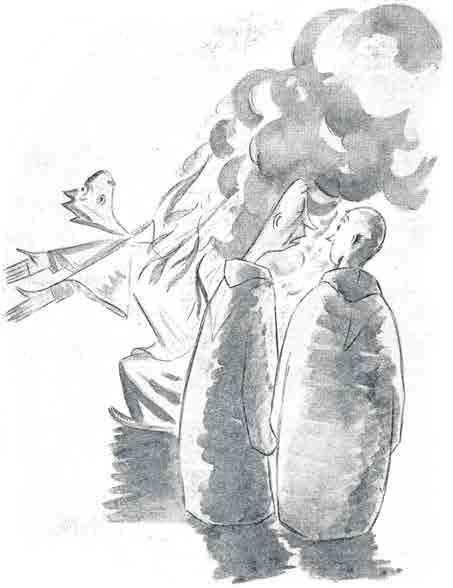REVIEW
Poland's Catholic Church Takes on its Critics By Jonathan Luxmoore
K
rakow, Poland - On the edge of this city of 760,000, Poland's second largest, an ornate basilica rises across a sweeping hillside, shaped like a boat with a 240-foot viewing tower for its mast. In the distance, chapels and walkways punctuate the undulating landscape, while to the north the view broadens out over the gables and steeples of Krakow, a city boasting more churches per square mile than either Rome or Jerusalem. When the shimmering white complex was completed in 2002, it became the world centre of the Divine Mercy movement, long nurtured by Krakow's most famous son, Pope St John Paul II. Equipped with relics of St Faustina Kowalska (1905-1938), the cult's founder, it vividly symbolised the influence of Poland's Catholic Church in the years since fall of communism. Today, that influence is being challenged increasingly, as a controversial nationalist government courts Church support in the face of threatened Western sanctions, against a background of falling vocations and Mass attendance. When the Polish Church's Statistics Office published data earlier this year, Sunday participation had dropped by three percentage points in just a year, with a third of Poles now coming regularly, compared to more than half two decades ago. Admissions to Poland's 83 Catholic seminaries are dwindling as well, along with vocations to its 104 female religious congregations, raising fears of a future clergy shortage. Inevitably, some have linked the decline to weak leadership by the country's Catholic bishops, who've been accused of being too close to the current government, led by Jaroslaw Kaczynski's Law and Justice party (PiS).
14
Others vigorously reject this, and pin the blame instead on the secularising pressures at work in Poland as in other liberal democracies. The Polish Church has faced criticism on other counts as well, notably over its apparent prevarication towards new the pastoral approaches favoured by Pope Francis, and its reluctance to accept migrants and refugees from the Middle East. But it has been its ties with the PiS government which have provoked most controversy. Since its election landslide in October 2015, PiS has been under attack for making changes to Poland's judicial system and state media, which critics say will undermine democracy and legality by centralising power and restricting free speech. Government supporters insist the replacement of judges and media directors was needed to ensure greater accountability. However, the reform
package has sparked protests from the opposition Civic Platform and sanction threats from the European Union, where Kaczynski's former arch-rival, Donald Tusk, is President of the intergovernmental European Council. In November 2017, the EU's Parliament invoked Article 7 of a 2007 Treaty on European Union and demanded Poland's suspension from decision-making unless it cancelled the reforms. PiS's backers insist the dispute has been blown out of all proportion by Poland's pro-opposition media, as well as by European politicians pushing their own agendas. Zdzislaw Krasnodebski, a PiS member, now Vice-President of the European Parliament, says previous Polish governments have made parallel reforms without provoking controversy. The PiS government's international critics should take greater note of its tough pro-Western stance on defence and security, as well as the long-delayed economic and social
AUTUMN 2018









